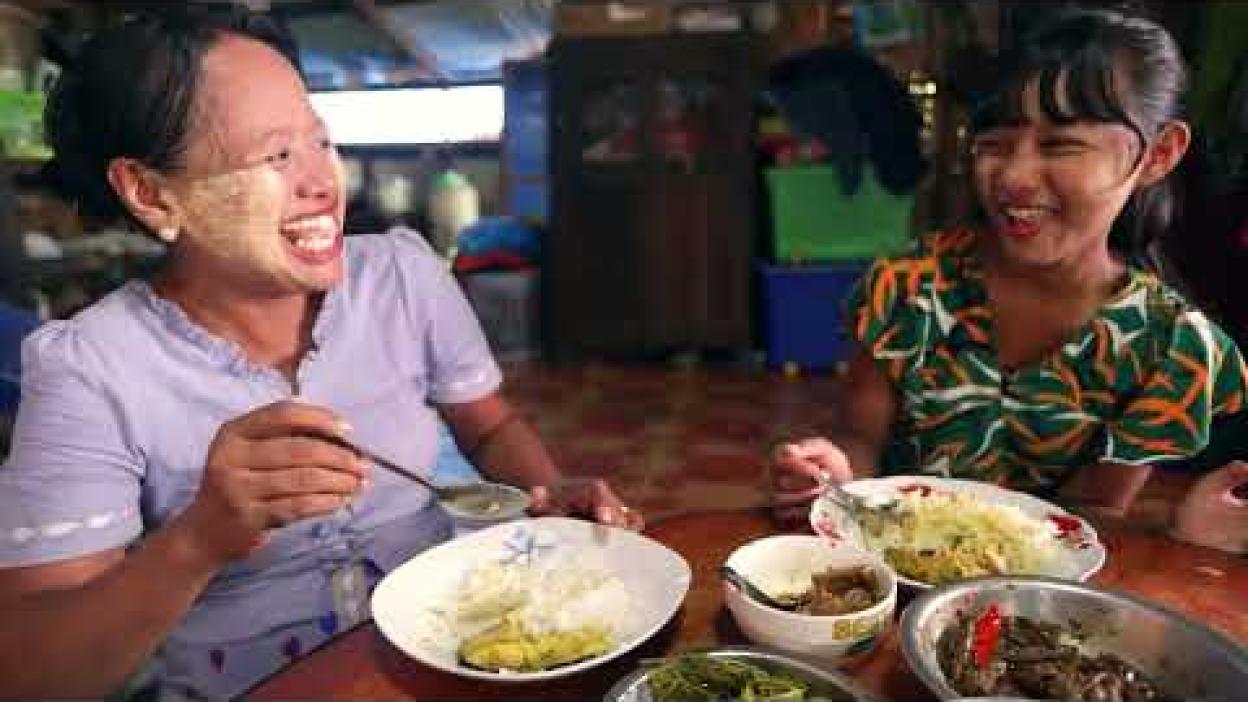ENOUGH Campaign
A world with enough food for every child
We collaborate across sectors—including education, health, livelihoods, child protection, and emergency response—to ensure that every child has access to nutritious food, paving the way for a healthier and brighter future.
ENOUGH Campaign: Ending Child Food Insecurity and Malnutrition
Food insecurity and malnutrition continue to threaten the well-being of children in Myanmar, driven by conflict, economic hardships, rising costs, and climate change. These challenges not only affect children's health but also impact their education, protection, and overall development.
To address this crisis, World Vision Myanmar (WVIM) proudly supports the ENOUGH campaign, a three-year global initiative (FY24–26) dedicated to ending child food insecurity. The campaign integrates key sectors such as education, health, livelihoods, child protection, and emergency response to ensure children have access to nutritious food for a healthier future.
WVIM is committed to reaching 1.1 million people, including 600,000 children, through 28 long-term programmes and 20 grant projects. Our impact is further amplified by partnerships with over 5,000 faith leaders and faith-based organizations, fostering collaboration for sustainable change.
Our Impact
5,661 Children
429 Christian Faith Leaders
6 Nutrition Dialogues
From Struggle to Strength
Operationalisation: Multi-sectoral Integration
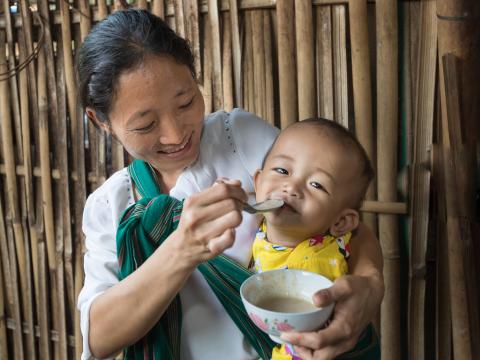
Health and Nutrition
- Provide essential micronutrients to pregnant women, lactating mothers, and children under two.
- Educate caregivers and food producers on producing safe and nutritious food
- Equip adolescents with
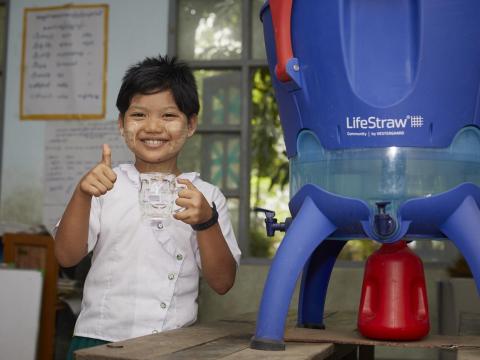
Water, Sanitation, and Hygiene (WASH)
- Ensure access to clean and safe water for drinking, cooking, and food preparation.
- Integrate hygiene education with nutrition efforts, focusing on handwashing before meals and during food preparation.
- P
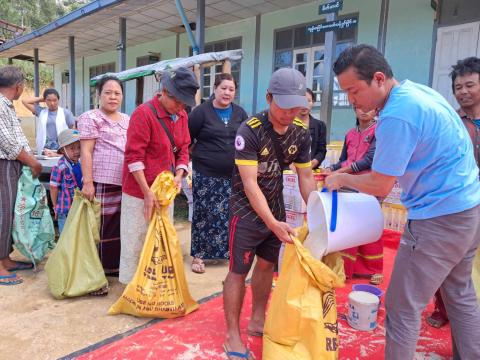
Food and Cash Programme
- Distribute food and cash to those in need
- Implement Food For Education (FFE) and Food For Work (FFW) initiatives to enhance food security and nutrition.
- Deliver Maternal, Child Health, and Nutrition
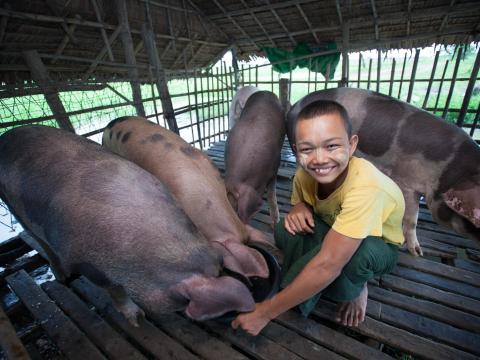
Livelihoods and Resilience
- Promote small scaled livestock production including processing or preserving animal products
- Enhance Homestead gardening including annual and perennial vegetables and fruits trees for better access to
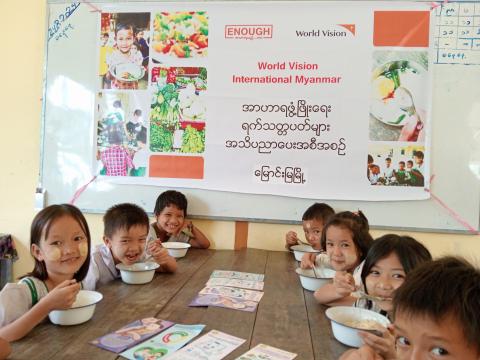
Education
- Implement school meal programmes in Early Childhood Care and Development (ECCD) centers and reading clubs.
- Develop nutrition-friendly menus, such as healthy breakfasts and snack bowls for school
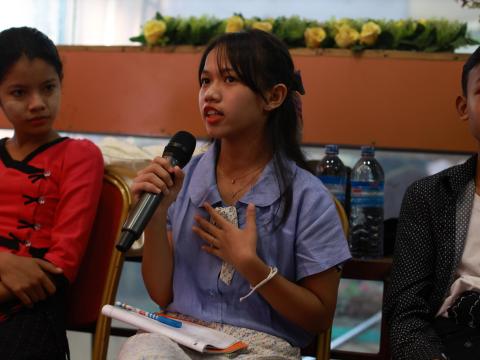
Child Protection & Participation
- Empower children and adolescents as advocates for food security.
- Amplify children's voices on food security at various advocacy platforms.
- Create safe spaces for adolescents to engage in peer learning
